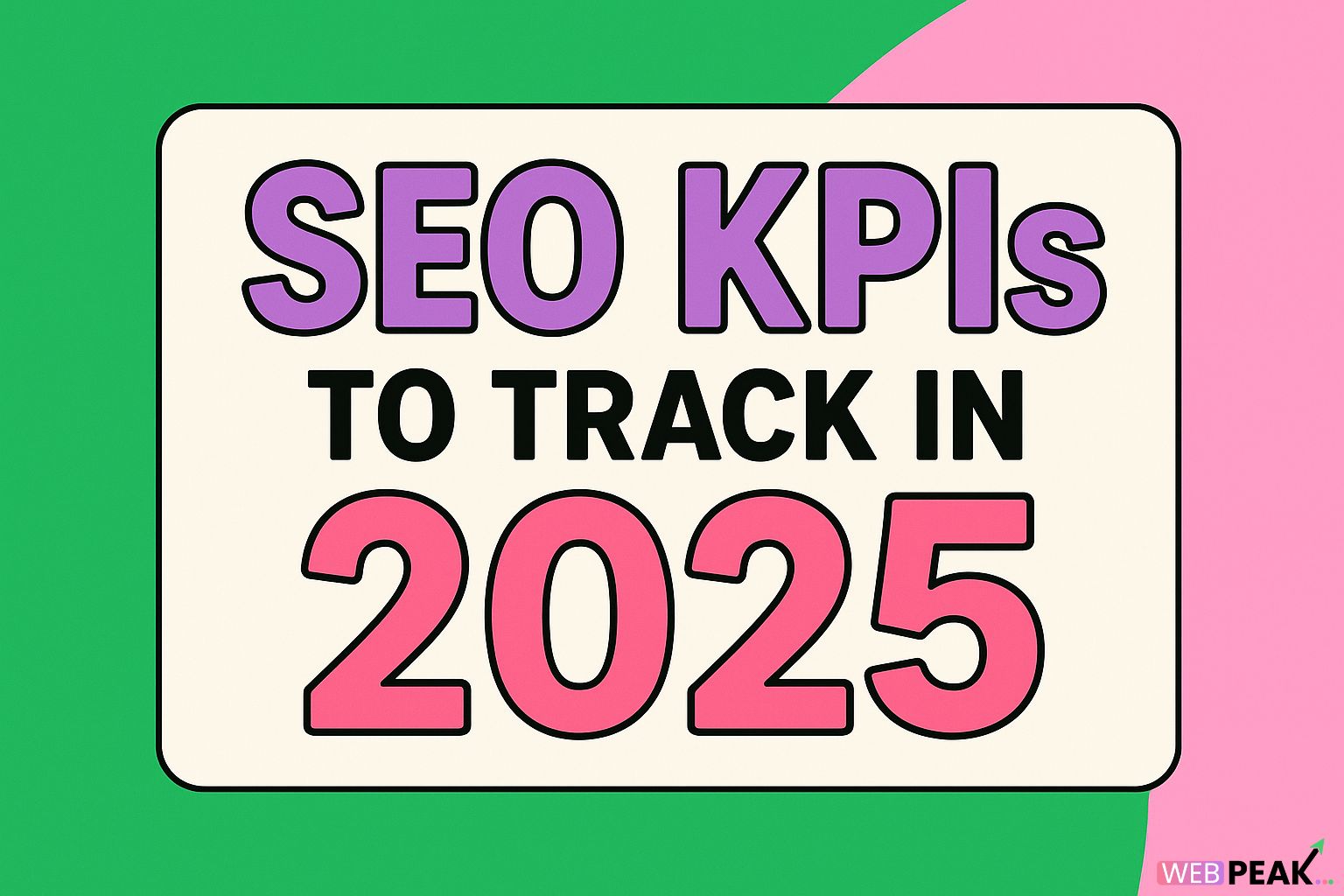Top SEO KPIs to Track in 2025 for Real Business Growth
Search Engine Optimization (SEO) continues to evolve every year. What worked in the past may not necessarily drive results today. In 2025, businesses aiming for real growth must focus on tracking the right Key Performance Indicators (KPIs). These KPIs go beyond vanity metrics and help companies understand whether their SEO strategies are delivering measurable results. By focusing on the right indicators, you can optimize your campaigns for visibility, engagement, and conversions.
Why SEO KPIs Matter in 2025
SEO KPIs provide a clear view of how your digital marketing strategy is performing. They highlight whether your website is driving qualified traffic, generating leads, or converting visitors into customers. In an era where search engine algorithms are increasingly sophisticated, tracking the right KPIs can help your business stay competitive. Whether you are running an e-commerce platform or a service-based business, understanding SEO KPIs ensures that every action contributes to long-term success.
1. Organic Traffic Growth
Organic traffic remains the foundation of SEO performance. This KPI tracks how many visitors are reaching your website through search engines without paid ads. In 2025, it’s not just about the volume of traffic but the quality. Businesses should evaluate whether organic visitors are spending time on their pages, exploring multiple sections, and engaging with content. A consistent increase in organic traffic signals that your SEO strategy is aligned with what users are searching for.
2. Keyword Rankings and Visibility
Keyword rankings are still vital in measuring SEO success, but in 2025, the focus has shifted toward keyword visibility. This means monitoring how often your website appears in search results for high-value terms. Tools now provide visibility scores that reflect your website’s presence across a broad set of keywords. Tracking these helps you understand if your optimization efforts are improving discoverability and brand presence in competitive markets.
3. Click-Through Rate (CTR)
Ranking on the first page of Google is powerful, but it is only meaningful if users are actually clicking through to your website. CTR measures the percentage of users who click your link after seeing it in the search results. In 2025, businesses should pay close attention to optimizing meta titles, descriptions, and schema markup to increase CTR. A higher CTR indicates that your content resonates with searcher intent and stands out from competitors.
4. Bounce Rate and Engagement Metrics
A low bounce rate shows that visitors find your content valuable. Engagement metrics like time on page, pages per session, and scroll depth help you understand user behavior. If visitors leave quickly after landing on your site, it’s a signal that either the content or the user experience needs improvement. Tracking these metrics ensures that your SEO doesn’t just attract clicks but also keeps users engaged with meaningful content.
5. Conversion Rate from Organic Traffic
Ultimately, SEO should drive business results, not just traffic. Conversion rate measures how many visitors from organic search take meaningful actions such as filling out a form, signing up for a newsletter, or making a purchase. In 2025, businesses must align their SEO strategies with clear conversion goals. Tracking this KPI ensures that your content and keywords are targeting the right audience who are ready to act.
6. Core Web Vitals and Page Experience
Google emphasizes user experience as a ranking factor, and this trend will only grow stronger in 2025. Core Web Vitals measure website speed, responsiveness, and visual stability. A site that loads quickly and provides a smooth browsing experience will perform better in search rankings. Monitoring these KPIs helps businesses deliver a seamless experience that satisfies both users and search engines.
7. Backlink Quality and Domain Authority
Backlinks remain one of the strongest ranking signals. However, in 2025, the focus is not on the number of backlinks but on their quality. High-authority links from trusted websites build credibility and improve rankings. Tracking backlink growth and domain authority ensures that your link-building strategies are improving trustworthiness and long-term visibility in search engines.
8. Local SEO Performance
For businesses with a physical presence, local SEO KPIs are critical. Metrics like Google Business Profile interactions, local keyword rankings, and calls or directions from search results measure success at the community level. In 2025, with increasing use of mobile and voice search, local SEO will continue to drive real-world business growth.
9. Indexed Pages and Crawl Errors
If your content is not being indexed properly, it will never appear in search results. Tracking the number of indexed pages and monitoring for crawl errors ensures that search engines can easily access and display your content. This KPI is essential for maintaining healthy website performance and avoiding missed opportunities in ranking.
10. ROI of SEO Campaigns
The ultimate KPI every business leader cares about is Return on Investment (ROI). Measuring the ROI of SEO campaigns involves comparing the cost of optimization against the revenue or leads generated from organic traffic. In 2025, businesses that consistently evaluate the ROI of SEO will be better positioned to allocate budgets wisely and maximize growth.
How to Leverage SEO KPIs for Growth
Tracking KPIs alone is not enough; businesses must interpret the data and make informed decisions. Regular SEO audits, competitor analysis, and adapting to algorithm updates are essential. When these metrics are combined, they paint a comprehensive picture of performance, helping you refine strategies and achieve measurable results.
Partnering with Experts for SEO Success
Managing SEO KPIs requires technical expertise, strategy, and consistent effort. Partnering with professionals can ensure you are not just tracking numbers but turning them into business outcomes. You can WEBPEAK, a full-service digital marketing company offering Web Development, Digital Marketing, and SEO Services. With their expertise, your business can focus on what matters most—growth and customer engagement—while ensuring your SEO strategy delivers tangible results.
Final Thoughts
In 2025, the businesses that succeed online will be the ones tracking and optimizing the right SEO KPIs. From organic traffic and keyword visibility to conversions and ROI, every metric tells part of the story. By aligning your SEO strategy with business goals, you ensure that your digital presence is not only visible but also impactful. Tracking these KPIs consistently will guide your business toward sustainable, long-term success.





